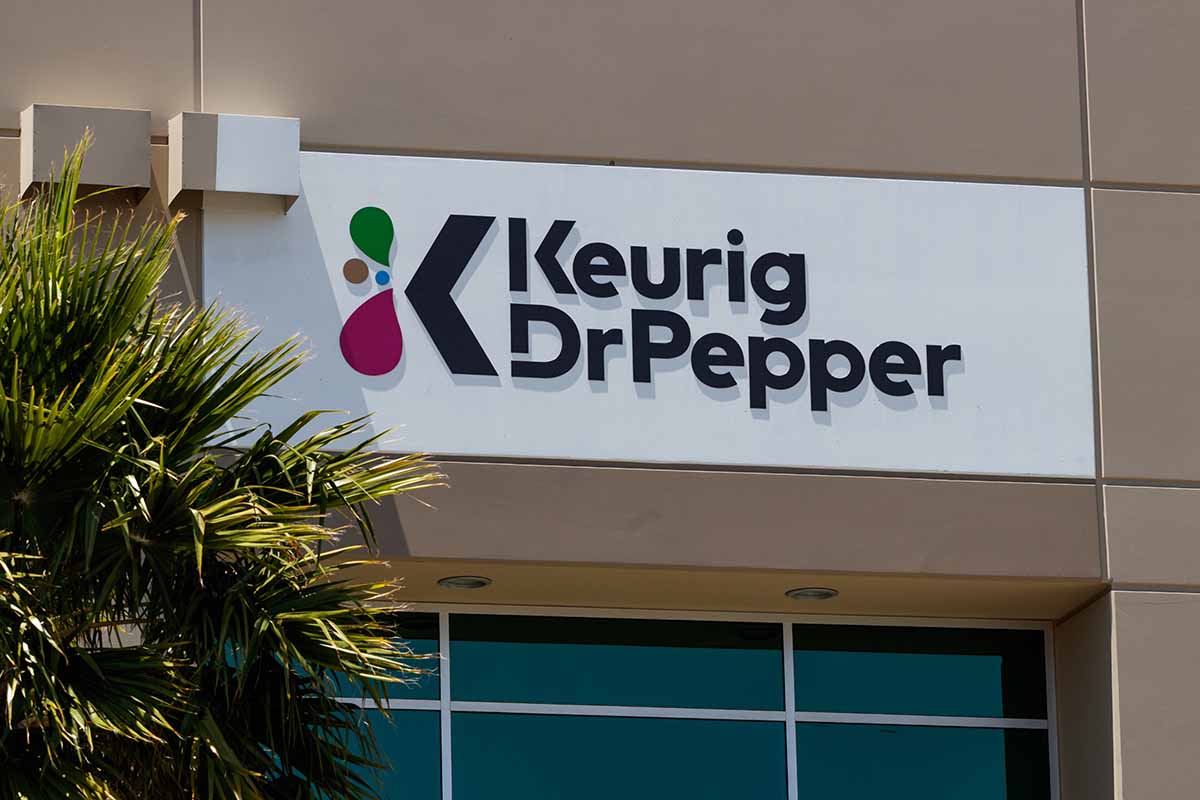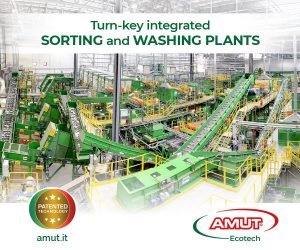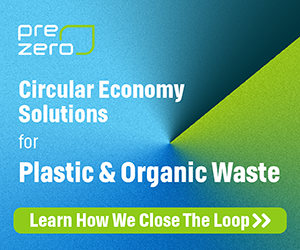
Keurig Dr Pepper’s recent sustainability report noted progress toward the company’s goal of 25% PCR use by 2025. | Jonathan Weiss/Shutterstock
One of North America’s largest beverage brand owners greatly increased its use of recycled resins last year, mainly by rolling out 100% RPET bottles for specific brands.
Keurig Dr Pepper’s recently published sustainability report noted the company averaged 11% post-consumer resin (PCR) across its plastic packaging portfolio in 2021. That was up from 2% the year before and 0.4% in 2019. The company’s goal is 25% by 2025.
In the corporate responsibility report, the Burlington, Mass.-based producer of coffee and other non-alcoholic drinks reported its PCR progress in 2021 came mainly from fully converting packaging for its Aguafiel, Core Hydration and 16-ounce Snapple brand drinks to 100% RPET bottles. The move eliminated the need to use 57 million pounds of virgin plastic last year.
The previous year’s sustainability report touched on the RPET shift for those beverage brands.
“Though COVID-19 has challenged the availability of recycled content for the industry, the efforts of our Research and Development, Procurement and Supply Chain teams are keeping us on track to achieve our 2025 PCR commitments,” this year’s report notes.
A publicly traded company, Keurig Dr Pepper (KDP) uses plastic, paper, metal and glass packaging. The report notes that 27% of its packaging mix is PET bottles, 8% is PP (including K-Cup coffee pods), and 3% is flexible plastic packaging, with the remaining 62% made up of a mix of paper, metal, glass and other packaging.
The report also noted the company’s Scope 1 and Scope 2 greenhouse gas emissions last year were 9% less than the company’s 2018 baseline. Scope 1 refers to emissions coming directly from company-owned or controlled operations, including fuel combusted at a plant or in company vehicles. Scope 2 includes GHG generation required to supply electricity to company plants, as one example.
The decrease was largely due to an increase in renewable electricity usage and energy efficiency measures, including reducing energy used per pound of coffee beans roasted. But the report noted that shifting packaging from glass to PET and shifting from virgin PET to RPET also contributed to the GHG reductions.
More stories about brand owners
- Coke bottler’s switch to clear PET provides lessons learned
- Beverage and bag producers fined for recycled resin failures
- Pepsi reduces global PCR goal, extends target date



